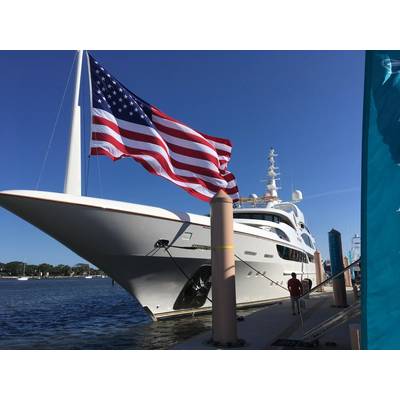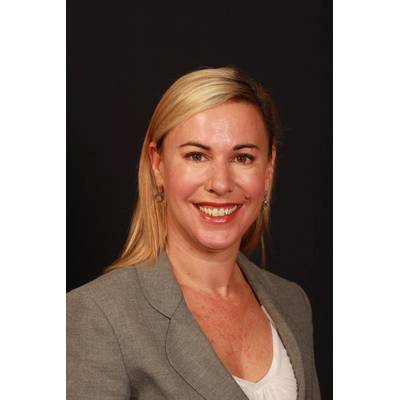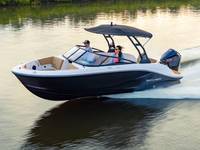USSA recruits next generation for refits
The sixth annual summit for the United States Superyacht Association (USSA) in Fort Lauderdale, Fla. championed more refits in American shipyards, with continuing emphasis on recruiting young adults into trade professions for the marine industry.
“The summit is a great way to get together and share info in an obscure, rather private industry,” said Kate Pearson, chairman of USSA and vice president of business development for Safe Harbor Marinas. “We are clearing up misconceptions of the industry. It’s not all big white boats and yacht owners, our heart and soul is our craftsmen and tradesmen.”
Citing statistics from a recent USSA census of its domestic members conducted by Martin Redmayne in 2017, Pearson said key influencers choose a shipyard because of relationships, with trust and communication from personal, past experience as the chief reason specific shipyards are selected for superyacht retrofit projects, followed by cost, reputation and yard location.
“So far,1,568 vessels have booked work year-to-date in respective shipyard facilities,” said Pearson, adding 1,800 yachts booked refits in the USA during 2018 as reported by 34 American refit yards providing data.
Nearly 100 summit delegates discussed targeting influencers and decision makers including captains, brokers and naval architects driving refit decisions to help American yards compete in the global refit market. In addition, industry veterans should be training the next generation of workers in shipyards through apprenticeship programs and other options.
“Across the board, workforce development is a priority with fine craftsmen aging out toward the end of their careers,” said Pearson. “We’re reaching out to community colleges and universities.”
“The four year college panacea doesn’t exist anymore,” said American superyacht owner Matt Voorhees. “We must help young people today to learn a trade,” he said, adding that high school counselors push four year degrees with students accumulating $50 - $60,000 in debt. “There are plumbers making millions, but who tells that story?”
Kitty McGowan, president of USSA, shared that Junior Achievement (JA) now has a marine focus, in addition to other marine workforce development programs associated with Broward College in Fort Lauderdale.
“I am a journeyman, a diesel mechanic by trade,” said Graeme Lord, owner of Fairport Yacht Support. “Someone needs to tell young people if you can do this work, you could own your own company. We must focus on the next generation in this industry."
Lord said he can’t find enough good project managers.
“Why don’t more captains go into this?” he asked, adding, “This is physically demanding, hard work.”
Pearson is pleased that advocacy efforts united Tilman Fertitta, an American superyacht owner, to partner with USSA to drive 2018 legislation allowing private yachts over 300GT to fly an American flag.
Previously, Americans owning yachts exceeding the 300-GT limit could fly the U.S. flag only by registering their yacht as a commercial vessel as per laws written nearly a century ago. Commercial vessels are held to operational and construction standards not applicable to large yachts, causing complications for large yachts. The sweeping legislation may lead to more superyacht repair, service and refits for domestic shipyards and subcontractors.








